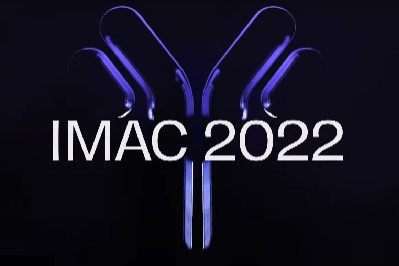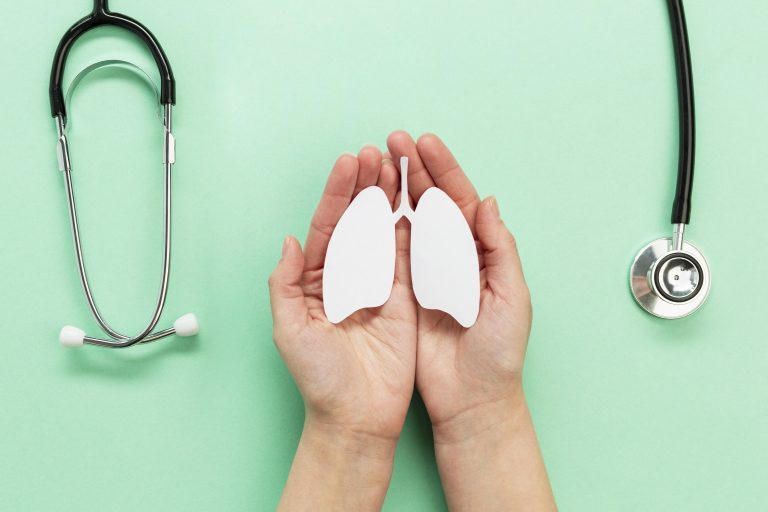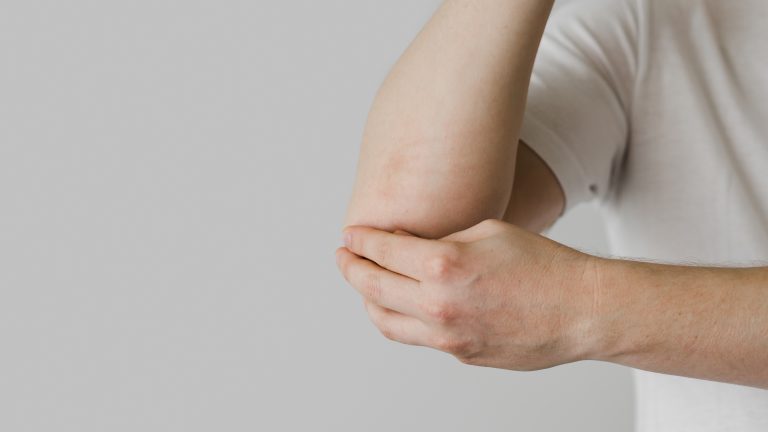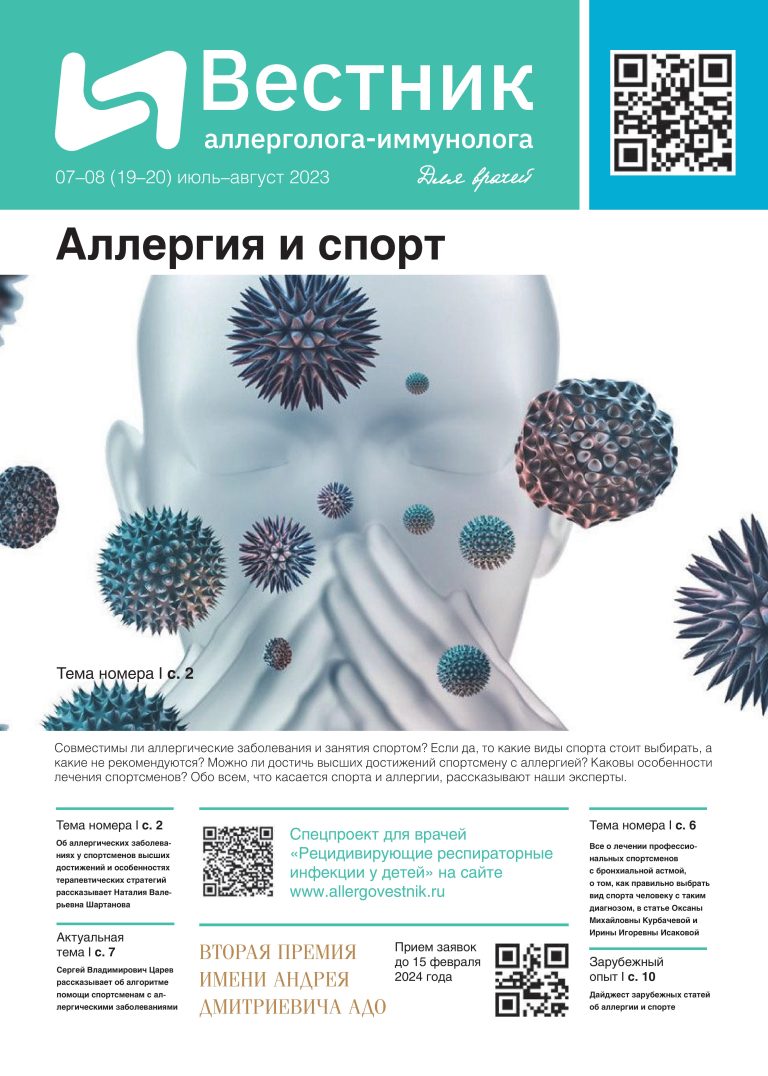 Medtouch
Medtouch THE NEW APPROACH TO IMMUNOSUPPRESSIVE THERAPY IN THE TREATMENT OF GLOMERULONEPHRITIS.
Author: Luiza Mikhailovna Karzakova
Co-author: Kudryashov Sergey Igorevich
I.N. Ulyanov Chuvash State University, Ministry of Education and Science of the Russian Federation
Russia, Cheboksary
The treatment of glomerulonephritis (GL) continues to be an urgent problem of modern medicine. Considering the immunopathological nature of these diseases, steroid therapy is widely used, with the ineffectiveness of which various groups of immunosuppressive therapy are resorted to. However, the use of the latter is associated with the development of many serious side effects, which requires the search for a new approach to immunosuppressive therapy.
A prospective cohort study of a group of patients with GN with clinically manifested recurrent nephrotic syndrome was conducted. The study included 50 patients with GN who were hospitalized in the nephrology department due to a recurrence of glomerulonephritis and 25 practically healthy individuals. In addition to the generally accepted study, indicators of cellular and humoral links of the adaptive immune response were studied in patients and healthy individuals. The following methods were used: immunophenotyping of mononuclear cells, immunoturbodimetric method for determining serum immunoglobulins. The indicators were presented in the form of M±SD (arithmetic mean ± standard deviation). As a result of the study, it was found that in patients with GN, the absolute content of Treg (CD4+CD25high) cells in peripheral blood is 0.023×109 in 1 liter, which is significantly less than in the healthy (0.041-0.074×109 /l). In vitro studies it was previously found that low doses of interleukin-2 (IL-2) in the lymphocyte culture of patients with GN increase the number of regulatory cells – Treg cells [1]. The examined cohort of patients with GN was divided into two groups – the main and the comparison groups (25 people in each group). Recombinant IL-2 was used in the treatment of the main group (registration number LS-001810 dated 27.07.2011, «Biotech», Russia). The medicine was prescribed at the low concentration of 8000-8300 U / kg subcutaneously once a week for 4 weeks in combination with steroid therapy (based on prednisolone 0.75-1 mg / kg), then switched to quarterly administration of recombinant IL-2 at the dose of 8000-8300 U / kg in combination with prednisolone at the initial dose 1.5-2 mg/kg every other day, followed by the decrease in 0.5-2.5-1.25 mg per week up to a maintenance dose of 2.5 mg. The patients of the comparison group received steroid therapy (according to the scheme of the main group) in combination with pulse therapy with Cyclophosphane (15 mg / kg every 4 weeks). The treatment in both groups of patients with GN was continued until the remission was achieved. The following indicators served as criteria for complete remission: the decrease in proteinuria of less than 0.3 g/day, normal serum creatinine values (less than 116 mmol/l), serum albumin of more than 35 g/l, persisting in the patient for at least 6 months [2]. 12 months after the start of treatment, the comparison of clinical and laboratory parameters of the examination groups of patients was carried out. The results of the study demonstrated the clear advantage of the method of the complex treatment of GN, which included recombinant IL-2. After 12 months in the main group, proteinuria was 0.022 ±0.007 g/day (in the comparison group – 0.91 ±0.41 g/day, p < 0.001), glomerular filtration rate – 93.8 ±23.3 ml/min (in the comparison group -78.5 ±25.2 ml/min, p < 0.05), the number of Treg-cells – 0.053 ±0.012×109in 1 l (in the comparison group – 0.020 ±0.007 ×109 in 1 l, p < 0.001). Apparently, the use of IL-2 in the treatment of GN causes the normalization of the balance of immunoregulatory cells by increasing the number of Treg cells and, as a consequence, stopping the progression of GN, relief of its relapse and the establishment of remission of the disease.
References.
1. Kosmaczewska A. Low-dose interleukin-2 therapy: a driver of an imbalance between immune tolerance and autoimmunity // Int. J. Mol. Sci. – 2014. – Vol. 15. – №10. – P. 18574–18592.
2. Levey A.S., de Jong P.E., Josef Coresh J. et al. The definition, classification, and prognosis of chronic kidney disease: a KDIGO Controversies Conference report //Kidney International. — 2011. – Vol. 80. — №1. – P. 17 – 28.
Читайте также
Аспекты иммунного статуса при фенотипе бронхиальной астмы...
Автор: Чурюкина Элла Витальевна
ФГБОУ ВО «Ростовский государственный медицинский университет» Минздрава России,
ФГБОУ ВО «Кубанский государственный медицинский университет»
...
Aspects of immune status in the phenotype of bronchial...
Author: Churyukina Ella Vitalievna
Federal State Budgetary Educational Institution of Higher Education "Rostov State Medical University",
Federal State Budgetary Educational...












Комментарии (0)